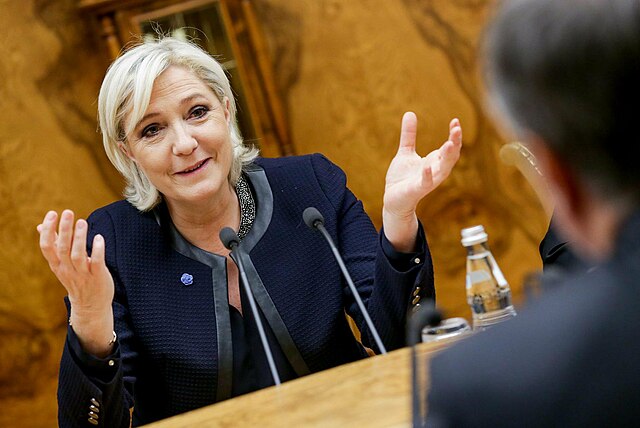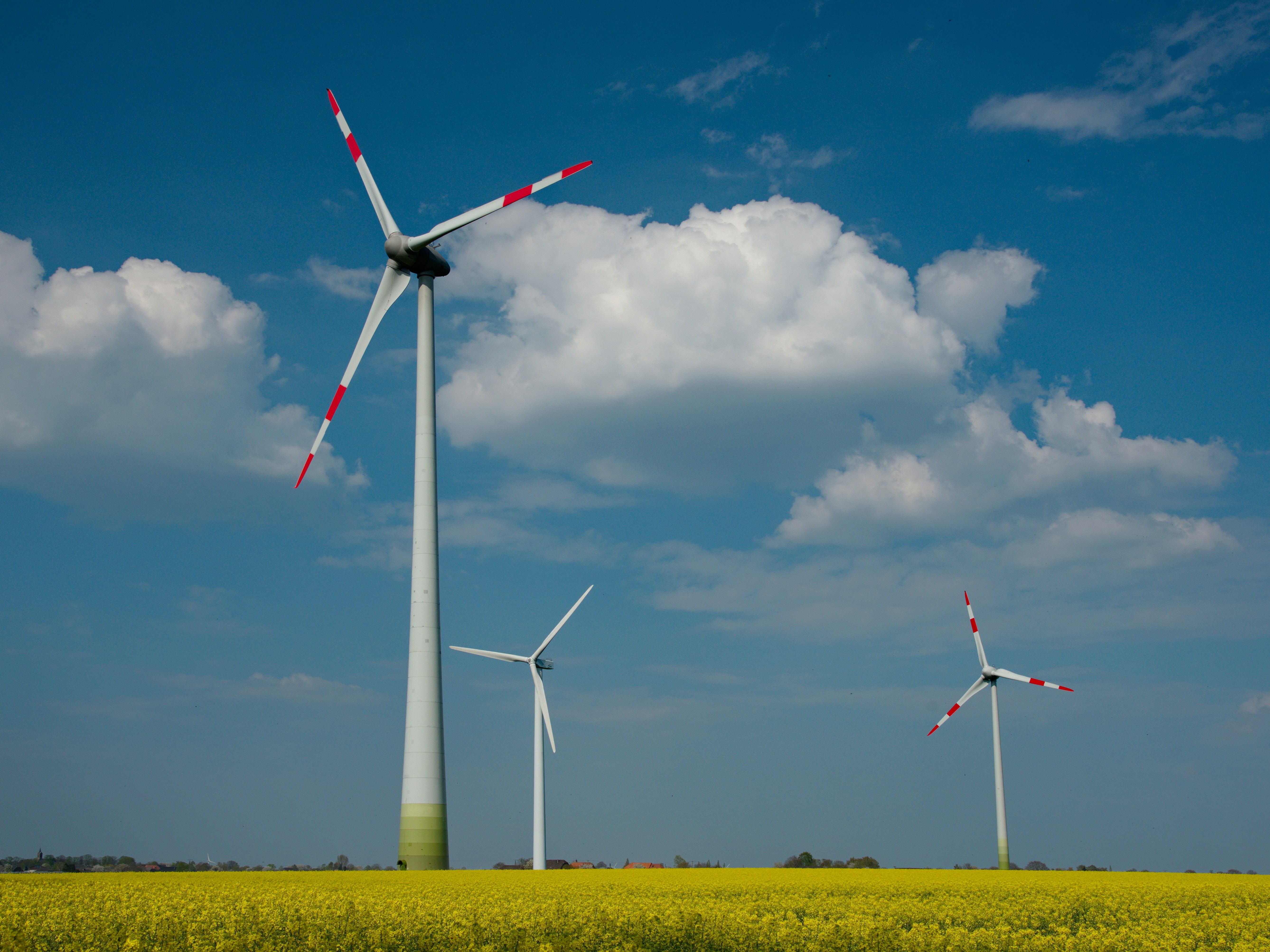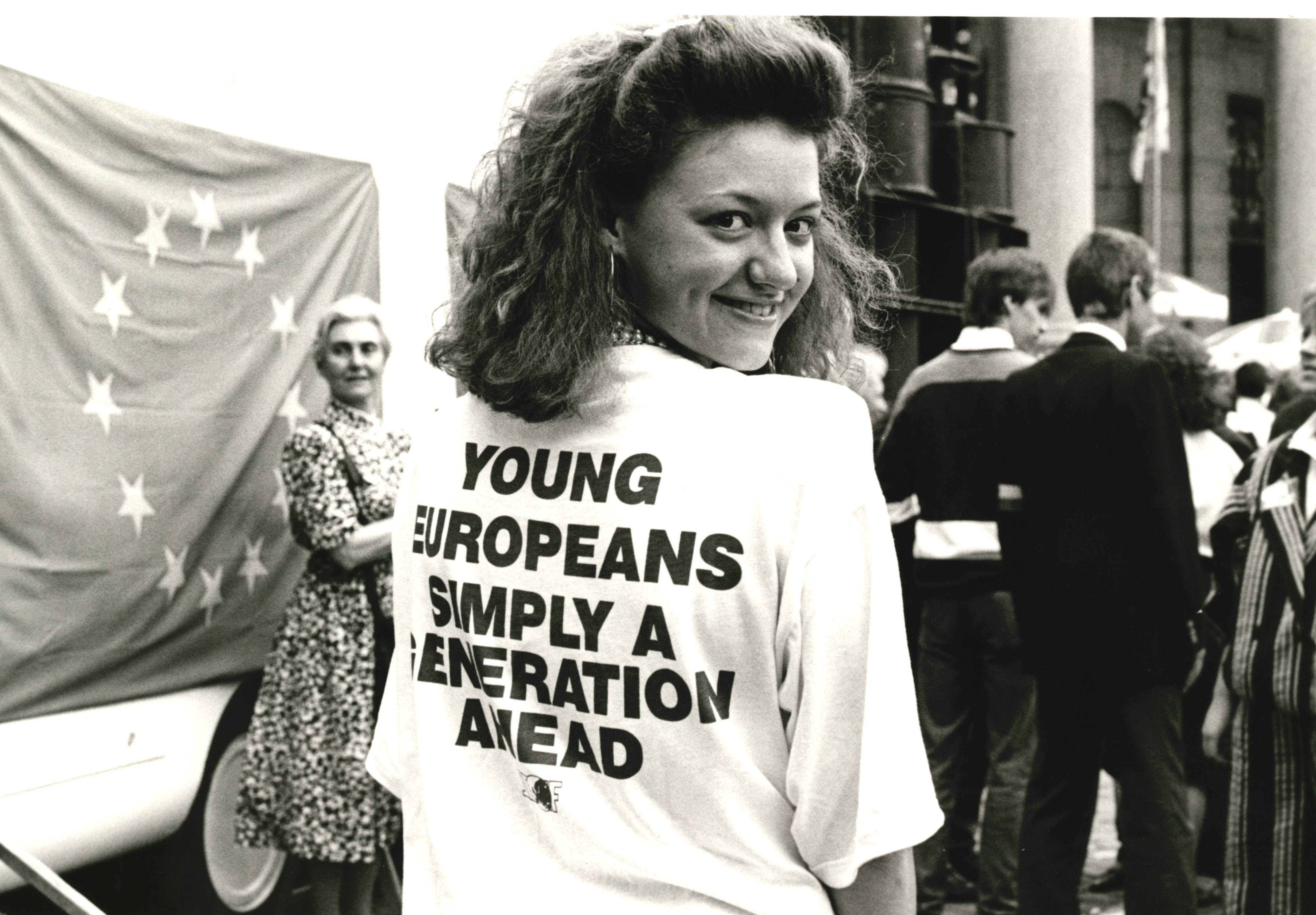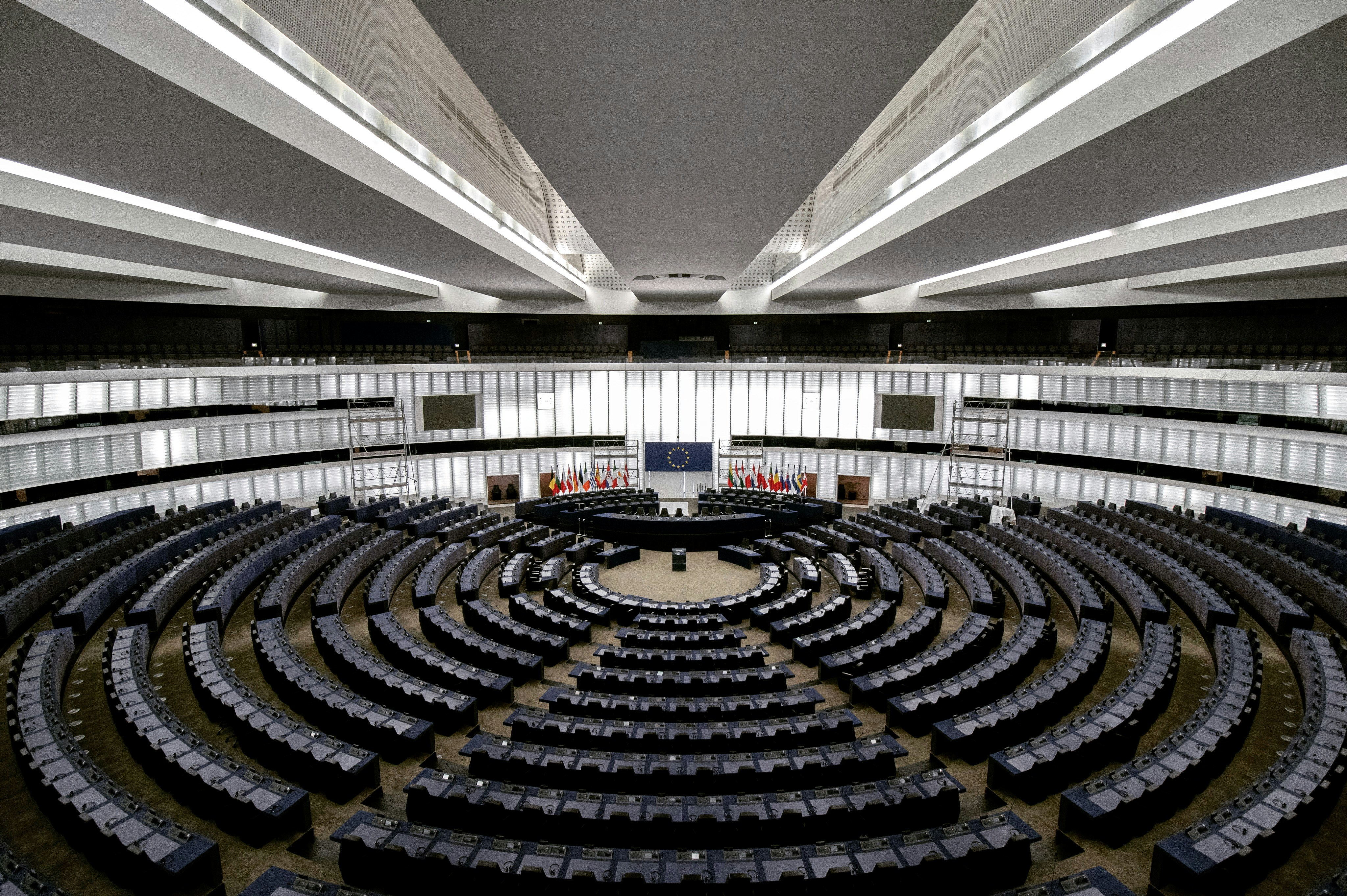We use cookies to improve your experience with Monash. For an optimal experience, we recommend you enable all cookies; alternatively, you can customise which cookies you’re happy for us to use. You may withdraw your consent at any time. To learn more, view our Website Terms and Conditions and Data Protection and Privacy Procedure.
A new era for Europe?
Published on July 10, 2024The 2024 European Parliament highlights emerging right-wing influence and pressing issues from climate action to youth voter disengagement.
 EU elections : Illustration by Michael Joiner, images via Vox España & the European People’s Party CCBY4.0
EU elections : Illustration by Michael Joiner, images via Vox España & the European People’s Party CCBY4.0
The 2024 European Parliament highlights emerging right-wing influence and pressing issues from climate action to youth voter disengagement.
The European Parliament is one of the three institutions that govern the 27-nation European Union. Alongside EU governments, it enacts laws proposed by the European Commission, overseeing policies and the EU market, which serves almost 450 million people.
The June 2024 elections, which shaped the new Parliament, have been described as the most crucial in the continent’s history, primarily due to the complex geopolitical landscape both within and outside the Union.
Key factors include the conflict in Ukraine and the resulting relations with Russia, uncertainties surrounding the upcoming elections in the UK and the US, and the management of migration from Africa and the Middle East, influenced by the Palestinian conflict. Additionally, energy policies and the fight against the climate crisis present significant challenges that Europe must tackle, which will shape its future.
Despite the upheaval caused by results such as the Rassemblement National’s victory in France, the anticipated dramatic shift to the right, as forecasted by some polls, did not occur.
The political equilibrium of the continent remains largely unchanged: the traditional coalition of the centre-right European People’s Party (EPP), centre-left Socialists and Democrats (S&D), and the liberal Renew Europe groups still hold a majority. European Commission President Ursula von der Leyen, from the EPP, is widely expected – though not assured – to secure a second mandate.
However, the increased presence of the right-wing European Conservatives and Reformists (ECR) and the far-right Identity and Democracy (ID) groups will provide them with more influence in the legislative process.
This could complicate efforts to advance policies that enhance EU power or share resources within the bloc, potentially affecting the Parliament’s approach to priorities identified by EU leaders for the next five years.
The election results also touch on the very identity of the European Union, which must decide “what it wants to be when it grows up”. The future of the Green Deal will be particularly telling in this regard.
The European Green Party’ poor performance in the elections signals a popular shift away from the Green Deal, arguably the hallmark of Von der Leyen’s first mandate. This suggests that advancing climate action or even implementing existing agreements will be challenging.
Looking to the future, an analysis of the youth vote is crucial.
The far right’s significant support among younger voters in countries like France, Germany, and the Netherlands, alongside the persistent issue of voter abstention, is noteworthy. This phenomenon is concerning, as it indicates a change in how young people view political parties and their participation in democratic life.
Increasingly, they believe that social media posts, mailbombing, online fundraising campaigns, and social activism have more impact than voting.
Originally published under Creative Commons by 360info™.











